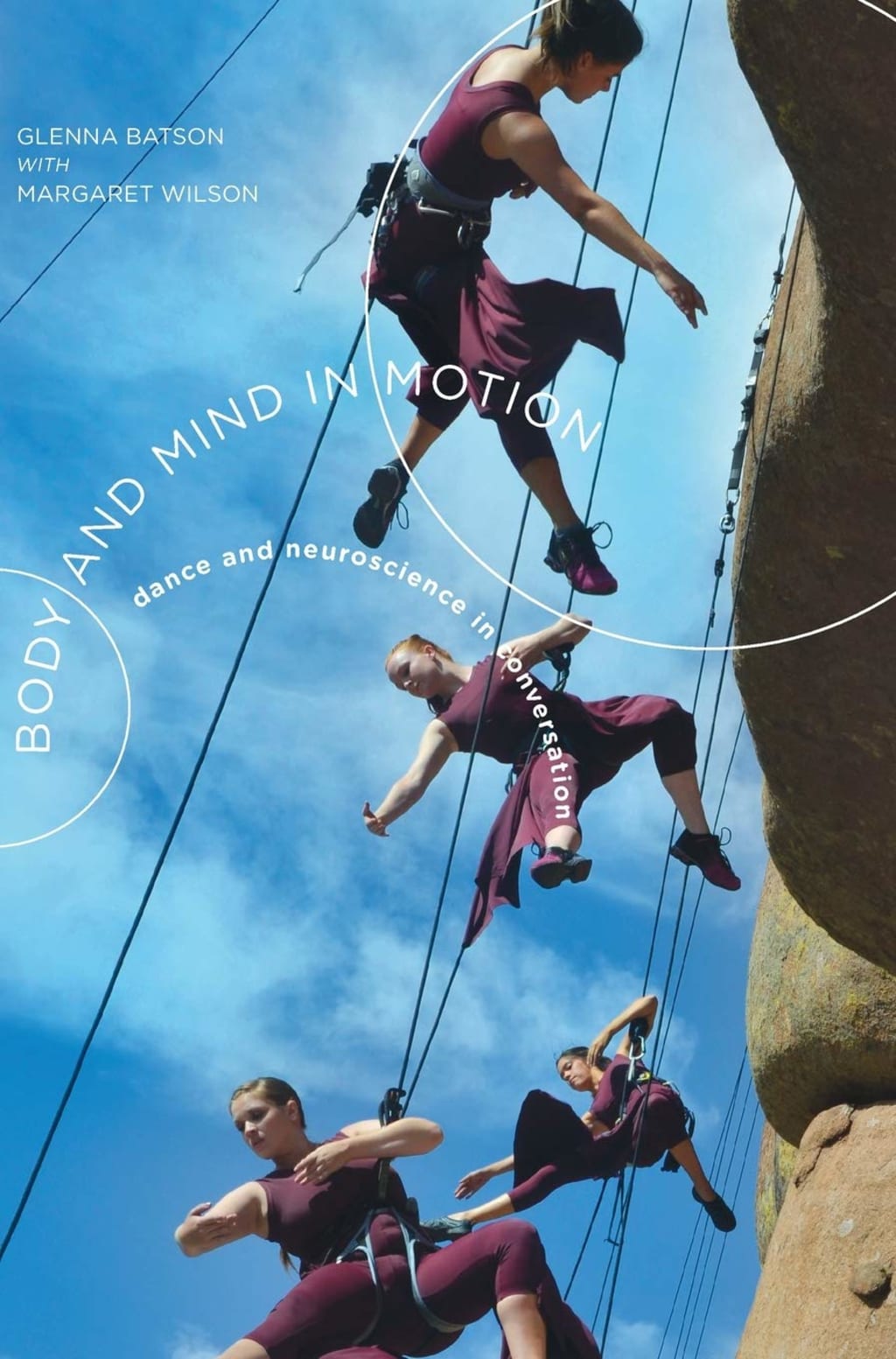The Benefits of Regular Exercise for Mental Health
Mind & Body in Motion (Book)

Introduction:
In our fast-paced world, taking care of our mental health has become a top priority. While therapy, medication, and meditation are well-known tools for managing mental health, one often overlooked but highly effective method is regular exercise. "Mind and Body in Motion," a groundbreaking book on the subject, sheds light on the numerous benefits of exercise for mental well-being. In this article, we explore some of the key insights from the book, highlighting the profound impact of exercise on our mental health.
Mood Enhancement:
One of the most immediate and noticeable benefits of regular exercise is its positive impact on mood. Engaging in physical activity stimulates the production of endorphins, often referred to as the "feel-good" hormones. Endorphins interact with receptors in the brain, reducing pain perception and triggering a sense of euphoria. Exercise can alleviate symptoms of depression and anxiety, boost self-esteem, and enhance overall psychological well-being.
Stress Reduction:
Chronic stress can take a toll on mental health, leading to a range of physical and emotional problems. "Mind and Body in Motion" highlights exercise as a potent stress-buster. Physical activity helps reduce the levels of stress hormones, such as cortisol, while simultaneously promoting the release of mood-enhancing neurotransmitters like serotonin and dopamine. Engaging in activities like running, swimming, or yoga can provide a much-needed outlet for stress, improving resilience and aiding in relaxation.
Cognitive Enhancement:
Exercise is not only beneficial for emotional well-being but also has a significant impact on cognitive function. Regular physical activity has been linked to improved memory, enhanced focus, and increased creativity. Exercise stimulates the growth of new brain cells and improves the connections between existing neurons. Furthermore, it increases blood flow to the brain, delivering essential oxygen and nutrients necessary for optimal cognitive performance. "Mind and Body in Motion" emphasizes the role of exercise in promoting mental clarity, sharper thinking, and a more positive mindset.
Sleep Improvement:
Sleep plays a vital role in maintaining mental health, and regular exercise can significantly improve sleep quality. Engaging in physical activity increases the time spent in deep sleep, the most restorative phase of the sleep cycle. It helps regulate the circadian rhythm, promoting a more regular sleep schedule. Furthermore, exercise tires the body, making it easier to fall asleep and reducing the occurrence of insomnia. The book highlights the importance of incorporating exercise into a holistic approach to sleep hygiene for better mental well-being.
Social Connection and Support:
Exercise often involves participating in group activities, sports, or fitness classes, providing an opportunity for social interaction and connection. Human beings are social creatures, and maintaining healthy relationships is crucial for mental health. Regular exercise can offer a sense of community, belonging, and support, fostering friendships and reducing feelings of isolation. "Mind and Body in Motion" emphasizes the power of exercise in building social connections and creating a positive support network.
Conclusion:
"Mind and Body in Motion" offers valuable insights into the myriad benefits of regular exercise for mental health. From mood enhancement and stress reduction to cognitive enhancement, sleep improvement, and social connection, exercise proves to be a powerful tool in promoting mental well-being. Incorporating physical activity into our daily routines can lead to a happier, more balanced life. So, lace up those sneakers, join a fitness class, or simply take a walk in the park – your mind will thank you. Remember, a healthy mind starts with a healthy body.
About book:
"Mind and Body in Motion" is an insightful exploration of the intricate relationship between the mind and the body, penned by an eminent philosopher and psychologist. The book delves into the profound interplay between mental states and physical actions, shedding light on how our thoughts, emotions, and beliefs shape our bodily movements and vice versa. With a captivating blend of scientific research, philosophical inquiry, and personal anecdotes, the author unveils the profound implications of this mind-body connection, highlighting its relevance in areas such as sports, dance, therapy, and overall well-being. This thought-provoking work challenges traditional dichotomies and invites readers to embark on a transformative journey of understanding and integrating the inseparable union of mind and body.





Comments
There are no comments for this story
Be the first to respond and start the conversation.